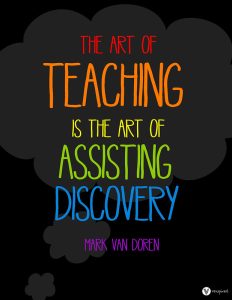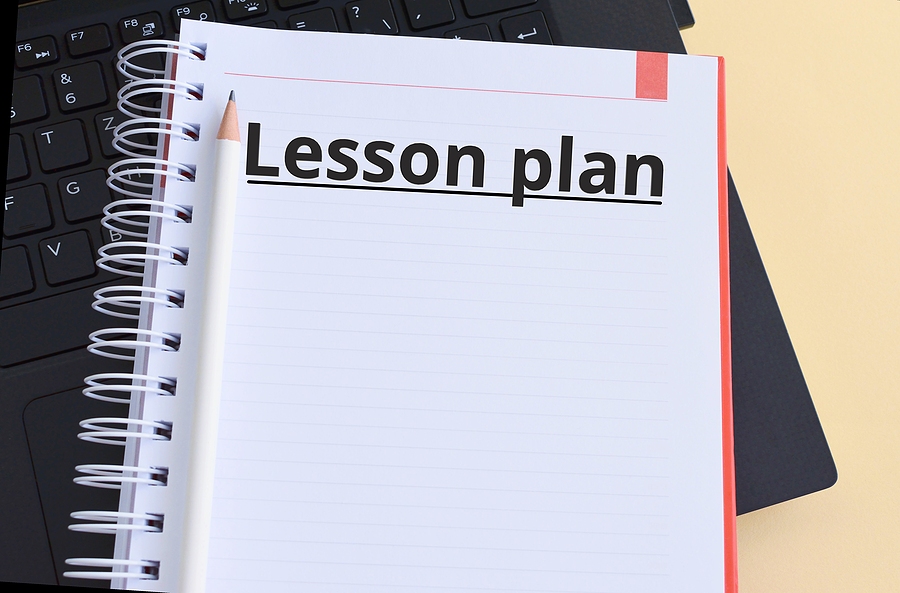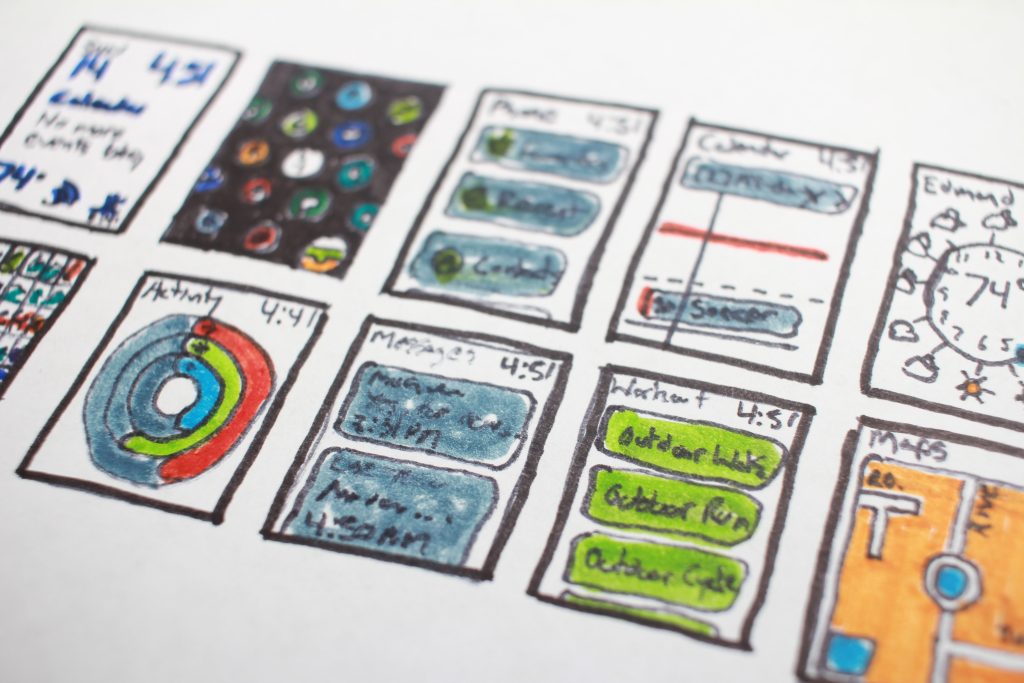 One of the main challenges that ESL students face both in language learning in general and in listening skills specifically, is how to improve! Often, not surprisingly, one of the teachers’ frustrating questions is how to help their students overcome their difficulties. In fact, they should both know that if they place their focus on the listening process, they can improve listening skills, and achieve successful comprehension. In this blog post, I’d like to highlight the problems that students deal with in this process, and how we can better assist them as teachers. Continue reading
One of the main challenges that ESL students face both in language learning in general and in listening skills specifically, is how to improve! Often, not surprisingly, one of the teachers’ frustrating questions is how to help their students overcome their difficulties. In fact, they should both know that if they place their focus on the listening process, they can improve listening skills, and achieve successful comprehension. In this blog post, I’d like to highlight the problems that students deal with in this process, and how we can better assist them as teachers. Continue reading
Category Archives: Creativity
Learner’s Autonomy! Is it for all learners?

As an ESL teacher with over a decade of progressive teaching experience, no notion in English language pedagogy was as mind–blowing to me as the idea of learner autonomy. The way that learning and learners are seen as autonomous has always resonated highly with me; I always thought if anyone masters independent learning, they can learn almost anything with joy and efficiency. Recently, however, I’ve been thinking differently about this. Not because I am now a skeptic of this approach, but because I have been wondering if all learners want to be independent learners! Based on my recent encounters and experience at work, I now think maybe there are some learners who learn best without being independent. In this blog post, I’d like to share my own experience with this type of learner. Continue reading
Creating Effective Lesson Plans
It is often said that if you fail to plan, you plan to fail. One of the challenges cited by teachers in the language classroom especially is creating effective lesson plans (Velikaya, 2020).
So, what is an effective lesson plan?
Continue readingActivity: Write a Character Sketch
I love creative writing. Creative writing can excite so many learners, but it can also terrify more than a few learners. I experimented with a number of activities that would help build experience and confidence with creative writing and this one—writing a character sketch—works as the most manageable and successful.
Continue readingBack to the Classroom: Lessons in Returning to In-Person Learning
When we went back to class in March, my students appeared larger than life. More human, tangible. Lots of smiles, welcoming faces, laughter, and excitement. They had a willingness to learn and interact with each other, as well as with the teacher.
I was curious to see how teaching would function in a “post-COVID-19” period. I was happy to see them in class.
I developed a learn-as-you-go approach. I didn’t know who would attend on a day-to-day basis and hoped more students of various backgrounds would join.
Continue readingHumor in the ESL Classroom
Learning English (or any new language) requires student focus, repetition, and practice, so it’s easy to see why students may often feel disengaged or even bored in the classroom. This is why ESL teachers love to try off-the-wall ways to liven up their classes and infuse some enthusiasm into the topic. Continue reading
An Epic Battle of the Imagination
“Why, sometimes I’ve believed as many as six impossible things before breakfast.”
(Carroll, L. 1865. Alice in Wonderland)
Introduction
I wrote this piece about three years ago, reflecting on an old lesson and the role imagination plays in our ESL curricula. I believe this activity could be modified for an online classroom. If you give it a go, please let me know how it works out!
Continue readingBrain Breaks Essential when Teaching Online
In general, teachers have an unwavering commitment to their profession and an unparalleled work ethic; when COVID-19 hit, they applied this to online learning. However, the hours spent learning how to teach in this new environment have taken a toll on both their mental and physical health. Many teachers have had to strike a whole new work-life balance.
During an in-person lesson, it is natural to take a break, whether that be leaving the room briefly or stepping into more casual conversation between teachers and students. But what happens in the online classroom when we take a break? For most of us, continuing our work is the norm. How does this ultimately make us feel? Are we better off working through our breaks for the benefit of our students? Continue reading
Effective Online Tools & Resources for Teachers and Learners
Over the past two years, I have been attending a lot of webinars, presentations, conferences, dialogues and online courses. I’ve also been reading blogs and articles as well as doing presentations and writing blogposts. I’ve gained knowledge and collected remarkable resources. Tools like the ones below can help us design tasks that will engage and motivate our learners.
Student Projects to Promote Creativity
It is a new year and some of us may need some fresh ideas to add energy, motivation and tasks to our classes. One possible means of accomplishing this is to include relevant project work into the syllabus.
The tools listed below are just that – tools. As the instructor, you can guide the learners to themes as focal points for project content. These free, digital tools include how-to guides, an online example, and orientation blogs for the instructors to read and consider before embarking on a digital venture with their learners.
Continue reading







